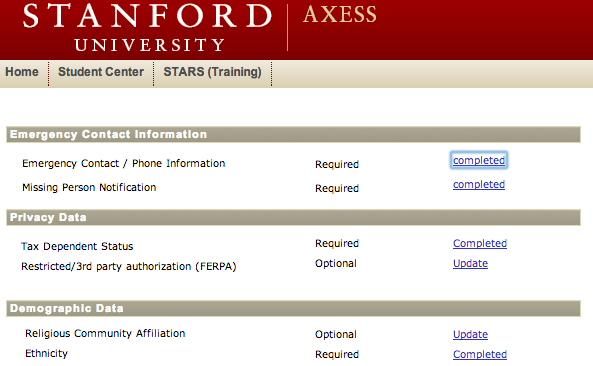Stanford economics professor Gerald Walker was recently awarded the Nobel Prize in economics after pioneering the new “master hand” theory of markets to explain recent trends in global finance.
“The antiquated ‘invisible hand’ metaphor is no longer an accurate model of the economic realities of our day,” explained Walker in his acceptance speech, “I believe the markets are much better approximated by a giant disembodied white glove floating in space and violently thrusting consumers along the supply and demand curves until they are blasted into equilibrium.”
Though his speech before reporters was not highly technical, Walker discussed how the “master hand” formula revolves around two numbers – an HP number that trends toward zero as time goes on, and a percentage value which, inexplicably, can get well over 100% before it is reset to zero.
Individuals from a variety of fields have stepped forward to support Walker’s revolutionary theory. “This model really matches the trends we are seeing in our industry,” explained a plumber of Italian decent who said that he and his brother often feel the force of the “Master Hand” in their line of work.
Similar statements have been forthcoming from those in other professions, including doctors, princesses, deep space pilots, and mountaineering twins.
Professor Walker went on to explain that this is by no means the “Final Destination” of his research.
He plans to expand his system of gaming theory, a spin-off of game theory, to analyze stock options, specifically whether 3-stock or 5-stock games are more effective for combatting the “Master Hand.
”

